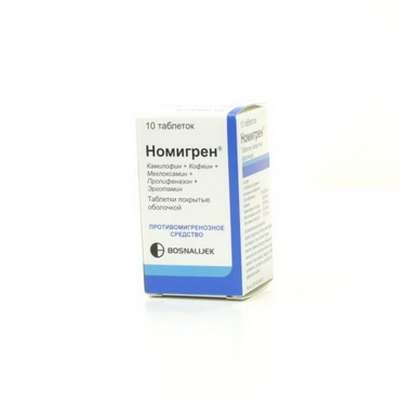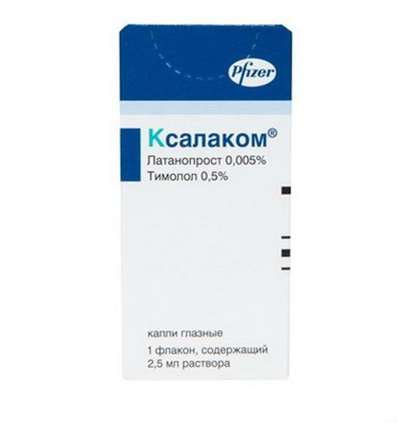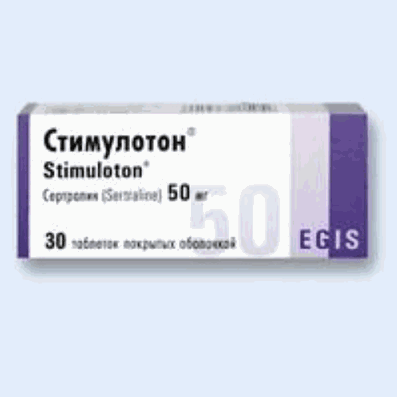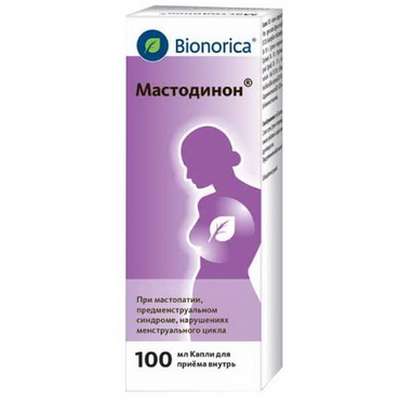Sports nutrition: the maximum effect without any damage to health
19 Oct 2016
SPORTS NUTRITION
A complete and balanced diet has always been, is and will be an important factor in ensuring the well-being and health of the athlete. With food we get a lot of natural vitamins, nutrients and minerals, which is certainly much better for our bodies than their use in artificial form in various medicinal preparations. It should also be remembered that, despite the important role of pharmacological agents and "artificial" methods to support an athlete, they will never replace a healthy diet. But not all the food is good ... Let's see, what can and should have the skier from the point of view of maximum benefit to the health and physical fitness.
Sports, of course, have a positive effect on health, but if you keep exercising, you should be very careful about your diet. In the absence of an adjusted diet of an athlete there are various deficiency conditions, which subsequently lead to the breakdown of the body's systems work. This may be accompanied by a decrease in efficiency, immunity, appetite, and loss of coordination, and sleep, apathy (or irritability), osteoporosis (manifested as pain in the joints and bones), myalgia (muscle pain), and arthralgia. A complete and balanced diet has always been, is and will be an important factor in ensuring the well-being, but plans to supply the majority of ordinary people hardly allow them to cover the body's costs for the most essential and simple life processes, such as circulation, respiration, digestion, brain activity and maintain body temperature . If you exercise and strive for some sports target, then follow the proven life nutrition programs is fundamentally important for you. Especially since most of the nutrients, macro-and micronutrients we get it from food, and many vitamins (such as vitamins E, C, and beta-carotene) is better absorbed by the body from food than from pills and capsules.
Common misconception that, following the sports diet for a couple of weeks before important competitions, you can find a good shape - not true. In-Competition in general it is very risky to change your diet, as these "experiments" can not cause no good. The body, accustomed to a diet, will not be able to quickly "settle", which undoubtedly will affect the result. Adequate nutrition - is a science, which constantly need to follow every day, and only then it will bear fruit.
It is known that the adult human body, weighing about 70 kg, contains about 40 kg of water, 15 kg of protein, fat 7 kg, 3 kg of mineral salts, and 0.7 kg of carbohydrate. It is also estimated that in 70 years of his life he drank 50 tons of water, eats 2.5 tons of protein, 2.3 tons of fat, more than 10 tons of carbs and almost 300 kg of salt. But the body - this is not a warehouse, where all pledged kept in a sacred way. There are constant metabolic processes, some substances are combusted, oxidized, output, and in return we need new, and very different nature.
For example, did you know that the blood cells live 60 to 140 days during the year, Your blood is completely updated about four times? Also during the life cycle and muscle cells. The restructuring of tissues due to the fact that you eat, and in the name of an optimal body growth, achievements in sport and health promotion need to be attentive to your diet all year round.
Clear and strict rules about what to eat and drink the athlete does not exist. However, you must follow some general guidelines: do not abuse the greasy, fried, smoked and spicy foods, as well as sugar and salt production factory. Salt - an essential element of food (especially potassium), but the problem of consumption, as, in general, and all the "science" of sports nutrition - is a double edged sword. Excess salt is able to disrupt the body's water balance and have a negative impact on your reaction. Do not fall for the temptation to eat the tempting smelling food, fried goodies and other excesses, which are not always helpful and can reduce the "out" to your physical form, accumulated hours of grueling workouts. If your home is sweet drinks (cola, etc.), a pack of gum or potato chips, it is better to throw them away than to clog it your stomach and liver. Diversify your diet a wide range of healthy food - you will be more likely to provide adequate "recharge" the body of important nutrients.
For example, the Japanese attach so great importance to use a variety of dishes (in particular - vegetables) that Japan's Ministry of Health has acted even with a recommendation on a daily basis include in your diet at least 30 kinds of products!
Two more very important tip: make an effort and get rid of the habit of a snack on the go and in any case do not overeat - all this will certainly help you become healthier and more productive employment!
I would also like to point out that the athlete is desirable to forget about meals, as much more useful to distribute food between 5-7 doses per day than lean on edibles, sitting at the table three times a day. The point is very simple: depending on your body mass, activity level and metabolic features of your body can use only a definite number of calories obtained from food. If at one time you eat too much, the excess calories will be able to find a shelter, put a "dead fat" under your skin. Equally valuable carbohydrates, proteins and other macro-and micronutrients without benefit will go to fat ...
What is the macro-and micronutrients? The first type includes carbohydrates, proteins, fats and water, and the second - vitamins, minerals, etc. The unit of measurement of energy is a calorie. One calorie - is the amount of heat required to heat 1 kg of water by 1 ° C. Most of the energy we get from the following nutrients:
- Carbohydrates - 4 kcal (17 kJ) per 1 g
- Proteins (protein) - 4 kcal (17 kJ) per 1 g
- Fats - 9 kcal (37 kJ) per 1 g.
Interesting facts about Phenotropil.
Carbohydrates are the most important and most scarce source of energy for working muscles and the brain. They are necessary for any form of physical activity. In humans, the carbohydrates are stored in small quantities in the form of glycogen in liver and muscles. During training and glycogen is consumed together with fatty acids and glucose circulating in the blood, muscle is used as a source of energy. When the carbohydrate reserves are depleted, the body becomes unable to carry heavy loads. Thus, carbohydrates are a source of energy, limiting the level of performance during training. By the way, if you start to take carbohydrates within two hours (in cyclic sports) after intense exercise, when glucose is consumed the most active muscles, the glycogen recovery will be as effective as possible.
The basic unit of carbohydrates is a sugar called glucose. Depending on the arrangement of atoms, a molecule of glucose can be converted to other monosaccharides, for example, the sweetest of them - fructose (fruit, vegetables, honey) - and galactose (milk and milk products). Glucose fructose form a more complex carbohydrate, sucrose, or simply, as we call it in the home, "sugar". Sucrose contained in sugar cane, sugar beets and many fruits and vegetables. As already mentioned, the excess sugar in the food factory is undesirable: it can lead to excess levels of cholesterol and triglycerides in the blood, so you need to be able to dispense with sugar, taken from natural products. Other disaccharides, such as maltose, contained in barley or wheat germ as well as malt extract, are formed by combinations of other simple sugars, but before the blood soaked up, to be destroyed disaccharides to monosaccharides. By the way, keep in mind: 1 gram of alcohol contains 7 calories!
Complex carbohydrates or polysaccharides, are composed of three or more monosaccharide units and often form long molecular chains. The most common representatives of polysaccharides - starch (wheat, rice, barley, potatoes), glycogen and cellulose.
As we have said, carbohydrates are most preferred for the body as an energy source. They are widely used in sports practice. For example, skiers there is a method of preparation for responsible starts as "explosive" saturation of carbohydrates. " It can be produced as follows: about a week before important events need to start eating protein food (boiled meat, cheese, cottage cheese, fish, nuts, eggs, etc.) and virtually eliminate from the diet the main energy suppliers. This will help cleanse the body of sugars necessary for us, and he will need them because of a lack of glycogen ... The day before the start, you dramatically change your diet! On the fore-calorie foods with low-protein diets: sugar, honey, various sweets, marmalade, jam, etc. Thus liberated "reservoirs" of you, filled from top to bottom with fresh carbohydrates that do not have time to be processed by the body. With a reserve of energy you get out at the start and the effect, I can say from my own experience is quite good. The timing of this "carbohydrate explosion" can range from seven to ten days. Then, depending on the timing of carbohydrate starvation will vary and timing of the beginning of the consumption of "sugar." The only thing I would advise - do not spend such "experiments" on a very frequent (maximum - 4-5 times a year), as the body simply can get used to and the effect is zero. In addition, be careful not to exclude carbohydrates from your diet for more than two weeks - it can adversely affect your health. Pay particular attention to the diet Treat supply body fluid, as the loss of 1 gram of glycogen you lose 4 grams of water.

 Cart
Cart





